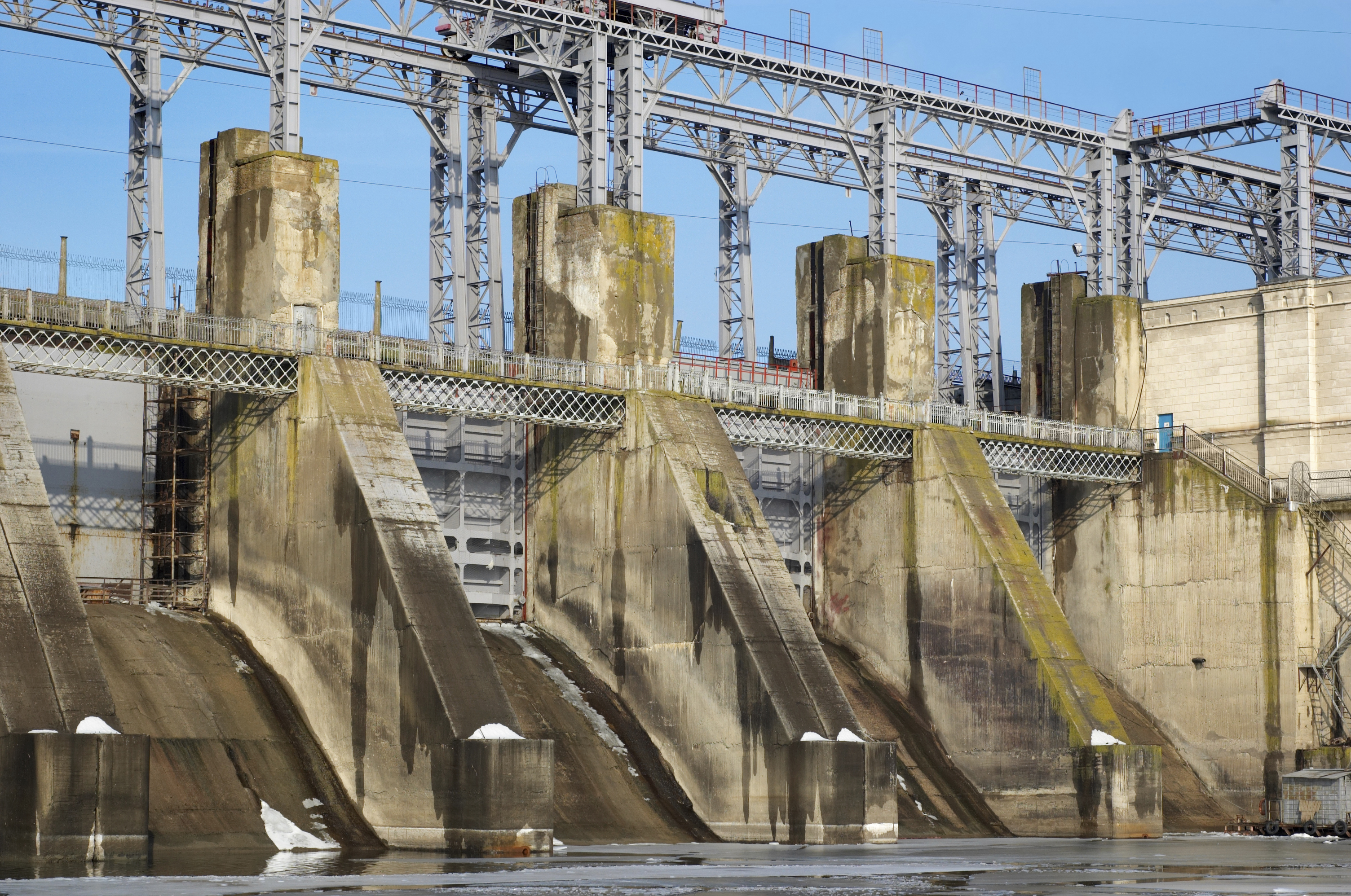A group of banks has lent US$108mn to the Vietnam Electricity Group (EVN) for the electromechanical package of the Lai Chau hydropower plant.
Mandated lead arrangers (MLAs) on the loan were BNP Paribas, Bank of China, China Development Bank (CDB) and China Exim (Cexim). BNP Paribas also acted as agent and documentation bank, picking up 15% of the total debt. Bank of China and CDB each contributed 37% of the total debt, with Cexim bringing the remaining 11% to the table.
Sinosure issued buyer’s credit for 95% of the political and commercial risk, with the Vietnamese government providing a 100% joint and several guarantee for the overall project.
The lending has a tenor of 13 years, broken into a three-year availability period and a 10-year repayment period.
The finance will be used to purchase electromagnetic equipment from Hydro China Zhongnan Engineering and Alstom Hydro China. It will cover 85% of the overall purchase requirement.
A BNP Paribas spokesperson tells GTR that the deal “is one of the very rare transactions covered by Sinosure when a foreign company incorporated in China (Alston) has the larger role among the suppliers’ industrial consortium”.
The Lai Chau plant will boost capacity on the hydropower system on the Da River (along with the Son La and Hoa Binh PPP facilities), bringing total generation capability on the river to 6,500MW. It will add 4.7 billion KWh to the national grid each year. Construction on the plant began in 2011 and is expected to be completed by 2017.
BNP Paribas has been involved in the Vietnamese government’s attempts to increase its renewable energy capacity in recent years. In 2012, the bank’s Tokyo team agreed a US$31mn loan, with a Nexi guarantee, for the Nam Na 3 hydro project, also in Lai Chau province. That particular plant will be online this year and there was extensive Japanese equipment used in the construction.
Japanese institutions have also been keen to take some skin in Vietnam’s renewables sector. JBIC is rumoured to be close to finalising export agreements for Japanese nuclear technology to Vietnam, as Japan’s policy of denuclearisation continues rolling out.
But despite the investment in renewable energy, it was a Vietnamese thermal powered plant which made headlines last year. US Exim was said to be closely considering investing heavily in the Thai Binh 2 coal-fired plant, only for plans to be scrapped in July. The ECA announced that it would stop the funding of coal-fired facilities, in line with President Obama’s vow to cut federal support for such projects overseas.







